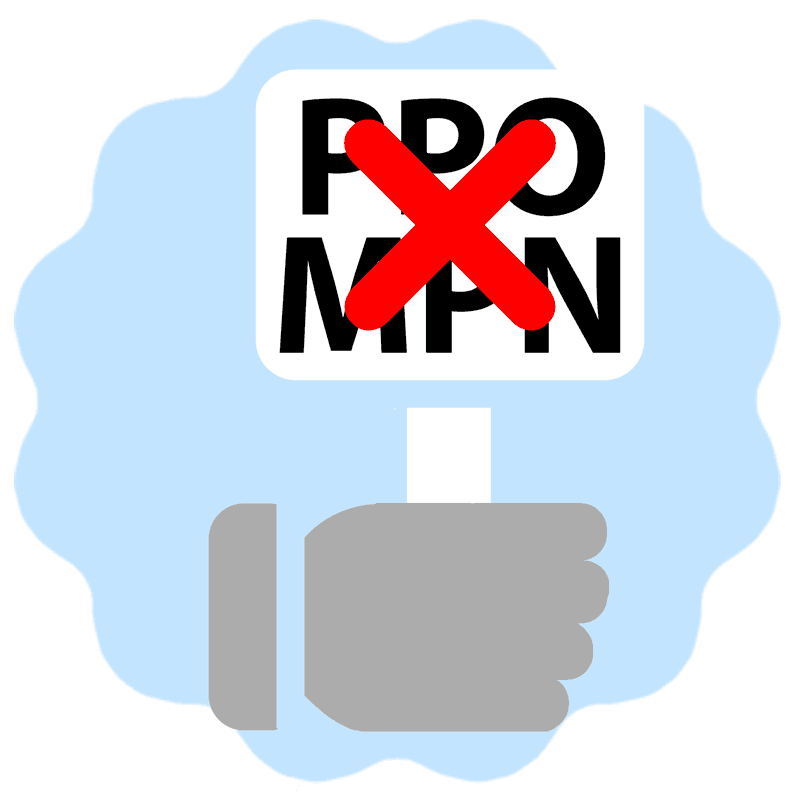Med-Legal Reports: Always Include Page Count Verification!

Preferred Provider Organization (PPO) and other network discounts do not apply to the Medical-Legal Fee Schedule (MLFS). Period.
In other words, the MLFS and OMFS are completely separate spheres; discounts for one do not apply to the other. Payers may not apply discount rates established under the Official Medical Fee Schedule (OMFS) — like PPO discounts — to the reimbursement rates for MLFS billing codes.
Despite this prohibition, we see disputes in which payers including AmTrust, Albertsons, Markel First Insurance, and Guard Insurance incorrectly applied PPO discounts to Medical-Legal bills.
The non-compliance described in this article demonstrates the need for California regulatory enforcement of proper reimbursement for providers. Currently, when payers improperly reimburse a provider’s bill, the provider must submit timely and compliant appeal(s) to dispute the payer’s improper payment. If the provider fails to submit these California-mandated appeal(s), the payer keeps the provider’s reimbursement.
Read carefully to get a sense of why it’s increasingly difficult to find providers willing to treat or evaluate injured workers. (Because it is far too difficult to receive payment).
Medical vs Medical-Legal Services
Way back in 2010, the Division of Workers’ Compensation (DWC) addressed the issue of claims administrators applying PPO discounts to Medical-Legal bills. In the throwback Newsline below, the DWC explicitly bars this practice:
The Newsline boils the rule down to three main points:
-
As far as the regulations are concerned, Medical treatment is a separate animal from Medical-Legal services. As the Newsline states, “DWC advises that the Labor Code provisions for medical treatment do not apply to medical-legal services.”
-
PPO and other network discounts are enabled by provisions in Labor Code Section 5307.1, which governs the OMFS, not the MLFS. Since the MLFS is governed by Labor Code Section 5307.6, nothing from §5307.1 (like OMFS discount rules) applies.
- Separate written agreements for Medical-Legal services are the only means by which a payer may apply reimbursement rates different from the MLFS. “Unless the medical-legal provider and the payor have made a specific written agreement regarding medical-legal service payment rates different than the MLFS, a general MPN or PPO discount does not apply.”
Somehow, regardless of this very long-standing rule (eleven years old and counting), we still see claims administrators attempt to apply huge PPO discounts to Medical-Legal bills.
Unfortunately, if the provider fails to enforce proper reimbursement, the payer keeps the provider’s payment.
Second Review & IBR for Improper Med-Legal Discounts
To recoup incorrect reimbursement discounts, physicians must submit Second Review appeals (within 90 days), and be prepared to submit requests for Independent Bill Review (within 30 days) if necessary.
For example, in the Explanation of Review (EOR) below for a Hotel Sunrise, Inc. employee, AmTrust incorrectly took a 45% MultiPlan PPO discount for a Medical-Legal evaluation, code ML201. The provider submitted a timely Second Review appeal disputing the improper discount. Wisely, AmTrust decided to pay in full.
Similarly, Guard Insurance took a 45% Multiplan PPO discount from the bill displayed below for a Medical-Legal evaluation (code ML103). In this case, the provider payment torture looked like this:
- Guard improperly denied the original medical-legal bill as non-compensable
- Within 90 days of receipt of the EOR, the physician submitted a timely Second Review appeal to dispute the improper denial.
- Guard paid the Second Review appeal, but improperly applied a PPO discount — presumably just to complete this perfect storm of non-compliance.
- Within 30 days of receipt of the EOR, the physician paid $180 and filed for Independent Bill Review (IBR)
- The DWC’s IBR proxy, Maximus, overturned the PPO discount and ordered Guard to pay the provider in full.
The EOR below (which violates DWC payment rules by not listing the employer) shows the improper 45% MultiPlan PPO reimbursement discount.
Maximus’ official Letter of Final Determination to Guard (displayed in part below) reaffirmed the facts about PPOs and Medical-Legal bills:
When the California workers’ comp community ponders why it’s so difficult to find workers’ comp treatment and Medical-Legal services providers, just think of all the steps providers must follow to prevent PPOs from taking massive portions of their reimbursement. This payment contortion is simple w-r-o-n-g, and discourages providers from joining the workers’ compensation system.
PPO and other network discount arrangements are pernicious enough with regard to medical treatment. At the very least, legislators should do more to stop PPOs from eroding physician revenue when it comes to Medical-Legal services.
Get paid in full and on time. With quick & easy tools for authorization, billing, and appeals, DaisyBill helps protect your bottom line. Reach out to learn more.
CONTACT DAISYBILL
DaisyBill provides content as an insightful service to its readers and clients. It does not offer legal advice and cannot guarantee the accuracy or suitability of its content for a particular purpose.





.gif)